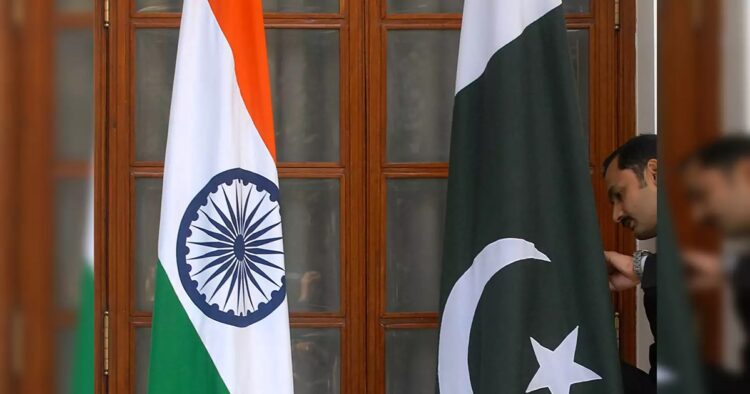Security has been tightened around a hotel in Jammu where a visiting delegation from Pakistan is currently staying. The delegation arrived in India on Sunday evening for discussions related to the 1960 Indus Water Treaty. They are scheduled to visit Kishtwar to inspect various dam sites.
The Indus Water Treaty was signed in 1960 between then Prime Minister Jawaharlal Nehru of India and former Pakistan President Ayub Khan, with the World Bank as a witness. This treaty mandates annual meetings between the two countries, alternating between India and Pakistan. However, the meeting scheduled for 2022 in New Delhi was canceled due to the COVID-19 pandemic, the last meeting took place in March 2023.
Role of the Permanent Indus Commission
The treaty established the Permanent Indus Commission (PIC), comprising commissioners from both India and Pakistan. This bilateral commission addresses technical matters concerning the implementation of the treaty, cooperation, and information exchange related to river usage between the two nations. It also outlines procedures for resolving disputes that may arise.
India and Pakistan have been embroiled in a prolonged dispute over two hydroelectric projects: Kishanganga (330 megawatts) and Ratle (850 megawatts). Pakistan contends that these projects violate the treaty’s provisions, while India asserts that they comply fully with treaty guidelines.
Despite India’s efforts to resolve the issue through discussions in the Permanent Indus Commission from 2017 to 2022, Pakistan has declined to engage on the matter.
ALSO READ: “SIPRI Report 2024: Bharat Surpasses Pakistan in Nuclear Weapons, China Expands Arsenal”
International Involvement and Alternative Resolutions
The World Bank has been involved in urging both countries to explore alternative means to resolve their disagreements under the treaty. In 2015, Pakistan requested the appointment of a Neutral Expert to review its objections to India’s hydroelectric projects. However, Pakistan withdrew this request in 2016 and suggested bringing the matter before a Court of Arbitration, a proposal that has not gained traction.
The heightened security measures outside the hotel in Jammu reflect the sensitivity and importance of the ongoing discussions between India and Pakistan regarding the Indus Water Treaty. As the delegation prepares to visit Kishtwar to inspect dam sites, the outcome of these discussions could potentially impact the future of water management and cooperation between the two neighboring countries.

















Comments